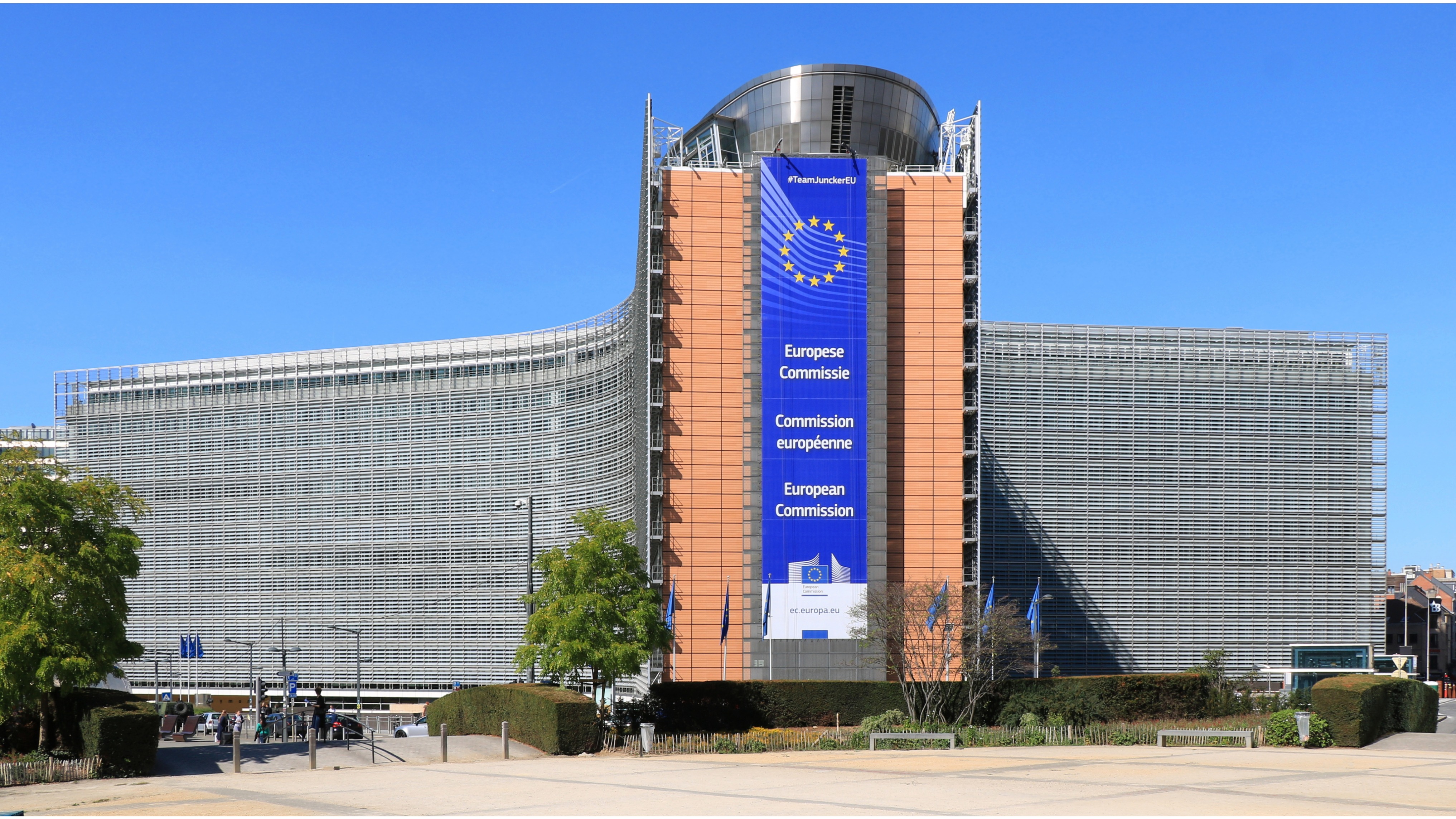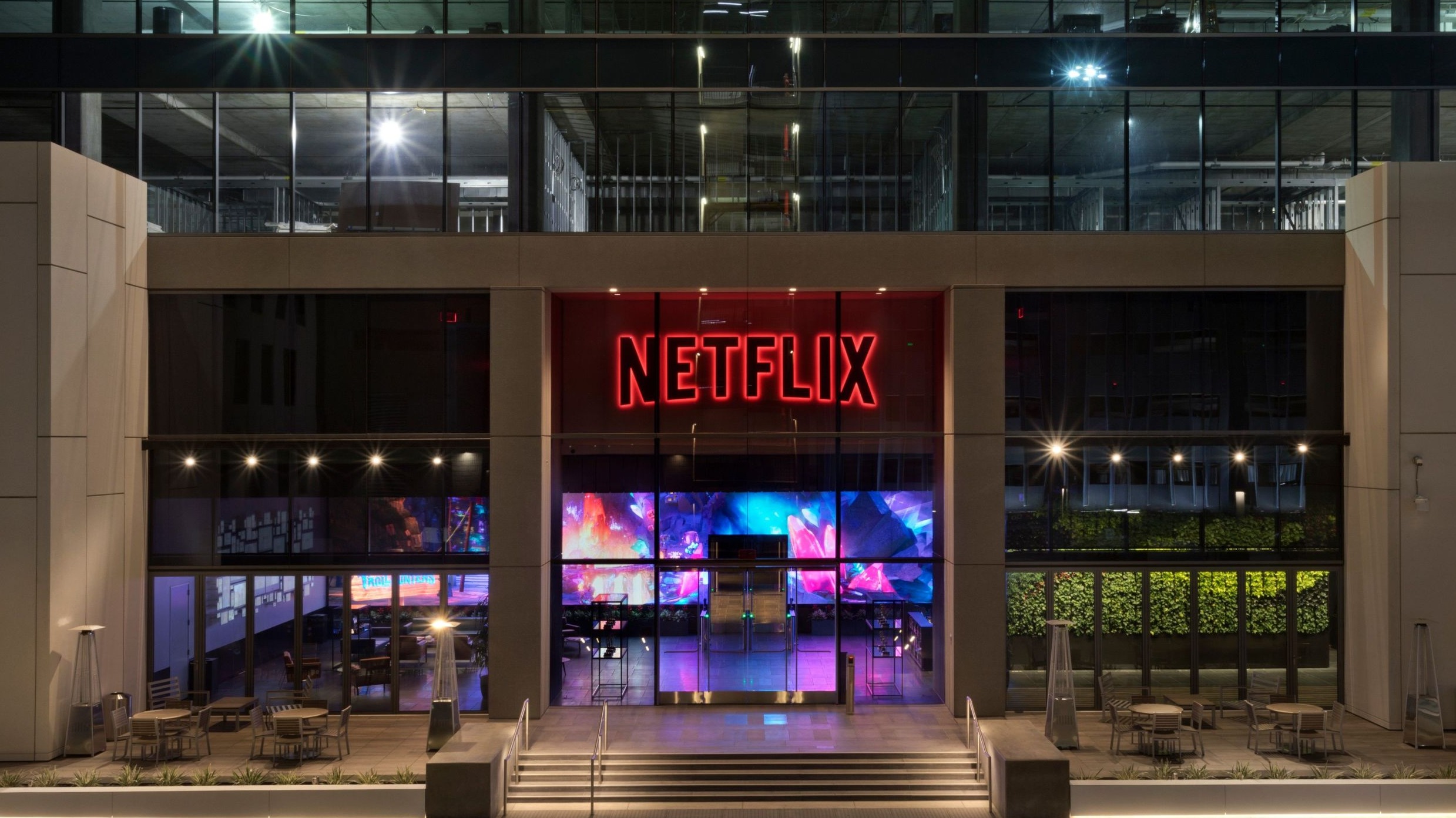The ‘Big Five’ US tech firms have officially notified the European Commission that they qualify as ‘gatekeepers’ under the EU’s new tech rules.
The Digital Markets Act (DMA) was introduced by the bloc last November, and specifies that companies with more than 45 million active users and a €75 billion market cap are considered gatekeepers and provide a core platform service. These gatekeepers face enhanced scrutiny around the use and storage of user data, will be required to make their messaging apps interoperate with rivals, and must let users decide which apps to pre-install on their devices under the threat of being fined up to 10% of their global turnover.
In a statement on Tuesday, Thierry Breton, the European commissioner for internal market, confirmed that the ‘Big Five’ – Google, Amazon, Apple, Meta and Microsoft – have notified the EC of their status. Samsung and Bytedance, the parent company of TikTok, have also notified the EC, while Booking.com said that it expects to meet the threshold by the end of 2023 after which it will notify the EU executive.
Breton said: "Europe is completely reorganising its digital space to both better protect EU citizens and enhance innovation for EU startups and companies.”
Breton said that the Commission will confirm the gatekeeper designation by 6 September after checking the data submitted by the companies, after which point they will have six months to comply with the DMA rules.
The rules will hit Google and Apple the hardest as mobile platform operators, with the rules requiring them to stop favouring their own services over that of their rivals.
Latest News
-
BAE Systems launches UK tech incubator scheme
-
Morrisons to launch real-time engagement tech across stores
-
Crypto exchange Gemini to cut workers, exit UK, EU and Australia amid market slump
-
Anthropic unveils Claude Opus 4.6 as enterprise AI race intensifies
-
Government to collaborate with Microsoft on deepfake detection framework
-
50% of firms will rehire staff laid off due to AI by 2027, predicts Gartner
The future-ready CFO: Driving strategic growth and innovation
This National Technology News webinar sponsored by Sage will explore how CFOs can leverage their unique blend of financial acumen, technological savvy, and strategic mindset to foster cross-functional collaboration and shape overall company direction. Attendees will gain insights into breaking down operational silos, aligning goals across departments like IT, operations, HR, and marketing, and utilising technology to enable real-time data sharing and visibility.
The corporate roadmap to payment excellence: Keeping pace with emerging trends to maximise growth opportunities
In today's rapidly evolving finance and accounting landscape, one of the biggest challenges organisations face is attracting and retaining top talent. As automation and AI revolutionise the profession, finance teams require new skillsets centred on analysis, collaboration, and strategic thinking to drive sustainable competitive advantage.
© 2019 Perspective Publishing Privacy & Cookies









Recent Stories